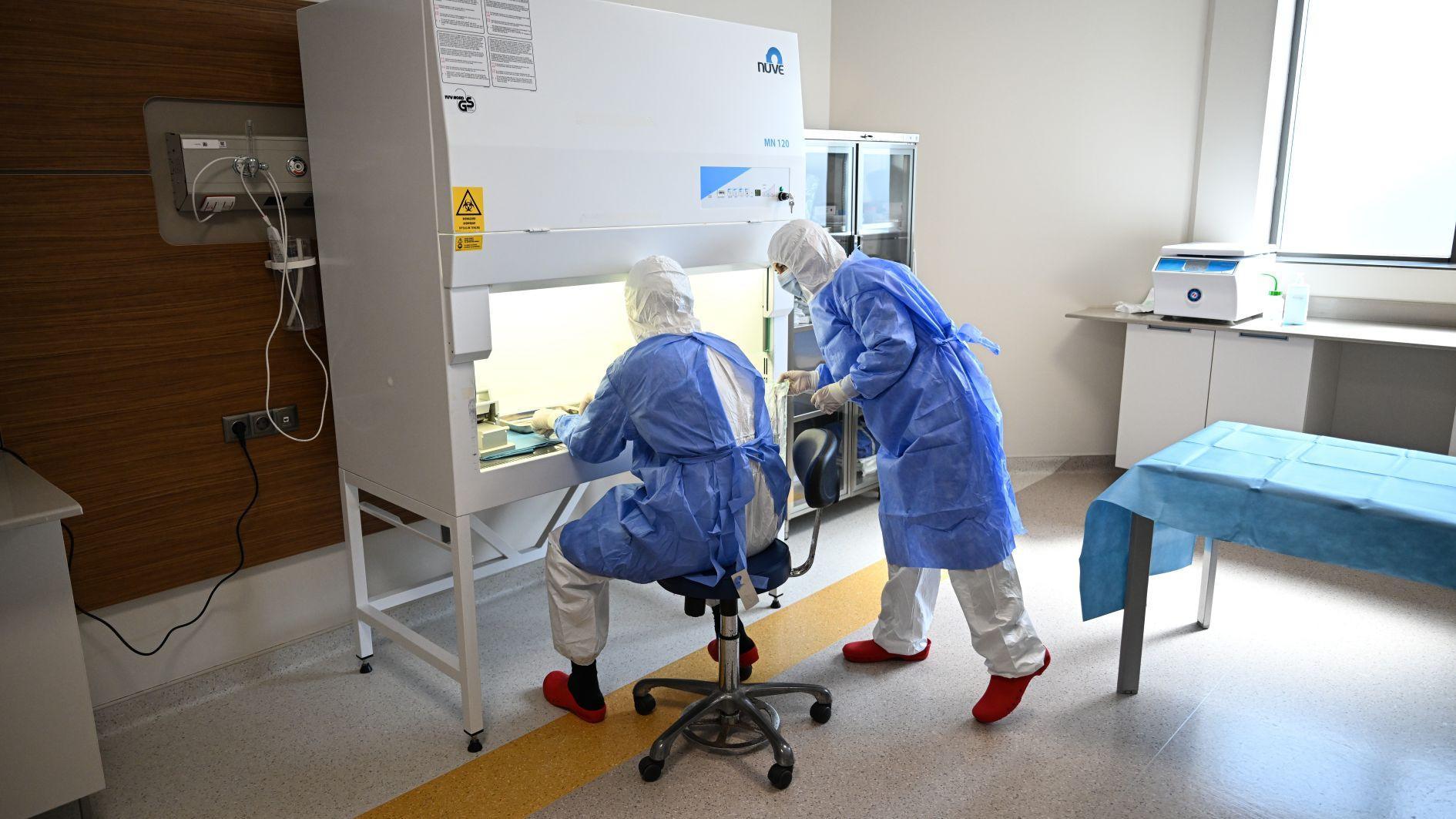
Türkiye’s first skin bank and tissue laboratory has been opened at a training and research hospital in the southern city of Adana, providing a critical resource for the treatment of patients with severe burns and for use in emergency situations such as wars, disasters or mass casualties.
Skin preserved at the center, established under the coordination of the Health Ministry, can be stored for two to five years and used for skin grafts in patients with extensive burn injuries.
Patients typically receive donor skin grafts that can remain in place for one to two months.
This gives enough time for doctors to generate new skin from the patients’ own cells in the lab and continue the healing process, according to Professor Dr. Koray Daş, head of the hospital’s burn center.
“This gives us the time we need to create new tissue using the patient’s own cells. We then use these tissues to close open wounds, increasing the patient’s chance of survival,” Daş explained.
The expert said human-derived skin and other tissues can be produced at the facility, and stressed the strategic importance of such centers, especially in large-scale emergencies.
“In severe burn cases, patients lose large portions of their skin and survival becomes nearly impossible,” Daş explained. “In such emergencies, preserved donor skin can be applied directly. This gives the patient a chance at survival.”
Skin used at the center comes from two main sources: Excess tissue from cosmetic surgeries and donors who agree to include skin in their organ donations.
Donated skin is processed under international standards and once tested and approved, becomes part of the hospital’s secure stock.
“The skin is brought to the bank under strict conditions and tested thoroughly. If it meets the required standards, it is processed using established methods and stored safely with full certification for future use,” Daş said.
He emphasized that skin donation does not disfigure the deceased and that a very thin layer is taken from the surface.
“In events such as war, terrorism, natural disasters or mass injuries, having such a stock allows for rapid intervention that can save many lives,” Daş added. “This is not a simple facility. It carries strategic importance. Countries typically define a certain level of strategic skin reserves. That is what we aim to establish here.”
While Türkiye has made major strides in burn treatment thanks to the Health Ministry’s policies, Daş said survival rates in extremely severe burn cases remain low.
He noted that the availability of a skin bank could make a life-saving difference, even for patients with burns covering 80–90 percent of their bodies.
He also underlined the potential for wide-ranging scientific research at the new center, including regenerative medicine and tissue engineering, which could benefit both patients and the medical community.
Skin and tissue banks, which hold strategic value for nations, exist in countries such as the United States, China, Singapore, Israel and developed nations across Europe.